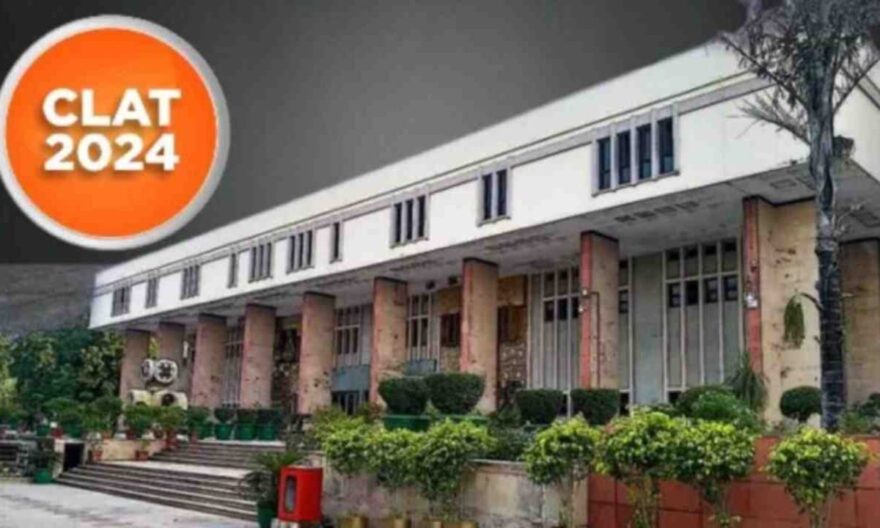
The National Testing Agency (NTA) has informed the Delhi High Court that it is prepared to conduct the Common Law Admission Test (CLAT) in regional languages, alongside English, as requested by a petition.
The NTA’s response came through an affidavit that was filed in response to a petition advocating for the administration of CLAT-2024 in not only English but also regional languages.
Previously, a bench of Chief Justice Satish Chandra Sharma and Justice Subramonium Prasad had asked the NTA to provide an affidavit on the matter. The bench noted that if entrance examinations for medical and engineering courses can be conducted in regional languages, there is no reason why CLAT, which is currently conducted only in English, cannot follow suit.
In its affidavit, the NTA stated that it has access to a pool of experts and translators in various subjects, which would enable the preparation of question papers in multiple languages. If the NTA were to conduct the upcoming test in regional languages, it could potentially take place in the third or fourth week of January 2024. This timeline accounts for the minimum four months required for preparation.
The NTA is responsible for conducting various significant entrance and fellowship examinations, including JEE (Main), CUET, UGC-NET, CSIR-NET, and others. CLAT-2024 is currently scheduled for December 2023.
The affidavit stated, “Accordingly, the Question Papers in respect of the Common Law Admission Test (CLAT) -UG can be translated into other Indian languages, such as Assamese, Bengali, Gujarati, Hindi, Kannada, Malayalam, Marathi, Odia, Punjabi, Tamil, Telugu, and Urdu and design/ printing the requisite OMR Answer Sheet in the required quantity depending upon the number of candidates to be scheduled for the said Test.”
“Hence, in principle, NTA would be in a position to conduct the CLAT Examination in English and other Indian Languages as mentioned above. The CLAT (UG) can also be conducted by NTA in Computer Based Test (CBT) mode, like JEE (Main) & CUET (UG), in consultation with the Consortium of NLUs,” it added.
The petitioner, Sudhanshu Pathak, a law student at Delhi University, argued in his PIL that the CLAT (UG) examination “discriminates” and does not provide a “level playing field” for students whose educational backgrounds are rooted in regional languages.
The Consortium of National Law Universities had previously informed the high court that preparations for CLAT-2024 were well underway, and any judicial order compelling the introduction of additional language options this year without deliberation and study would result in serious administrative and operational issues.
The consortium stated that it had formed an expert committee consisting of vice chancellors of the five-member NLUs to examine the possibility of offering CLAT in additional languages alongside English. The committee’s report would enable the consortium to make suitable preparations for conducting CLAT in additional languages in the coming years after addressing all potential difficulties.
The petitioner, represented by lawyers Akash Vajpai and Sakshi Raghav, contended that “In a hyper-competitive paper, they (students from non-English language backgrounds) are linguistically disempowered as they have to surpass the additional hurdle of learning and mastering a new language.”




